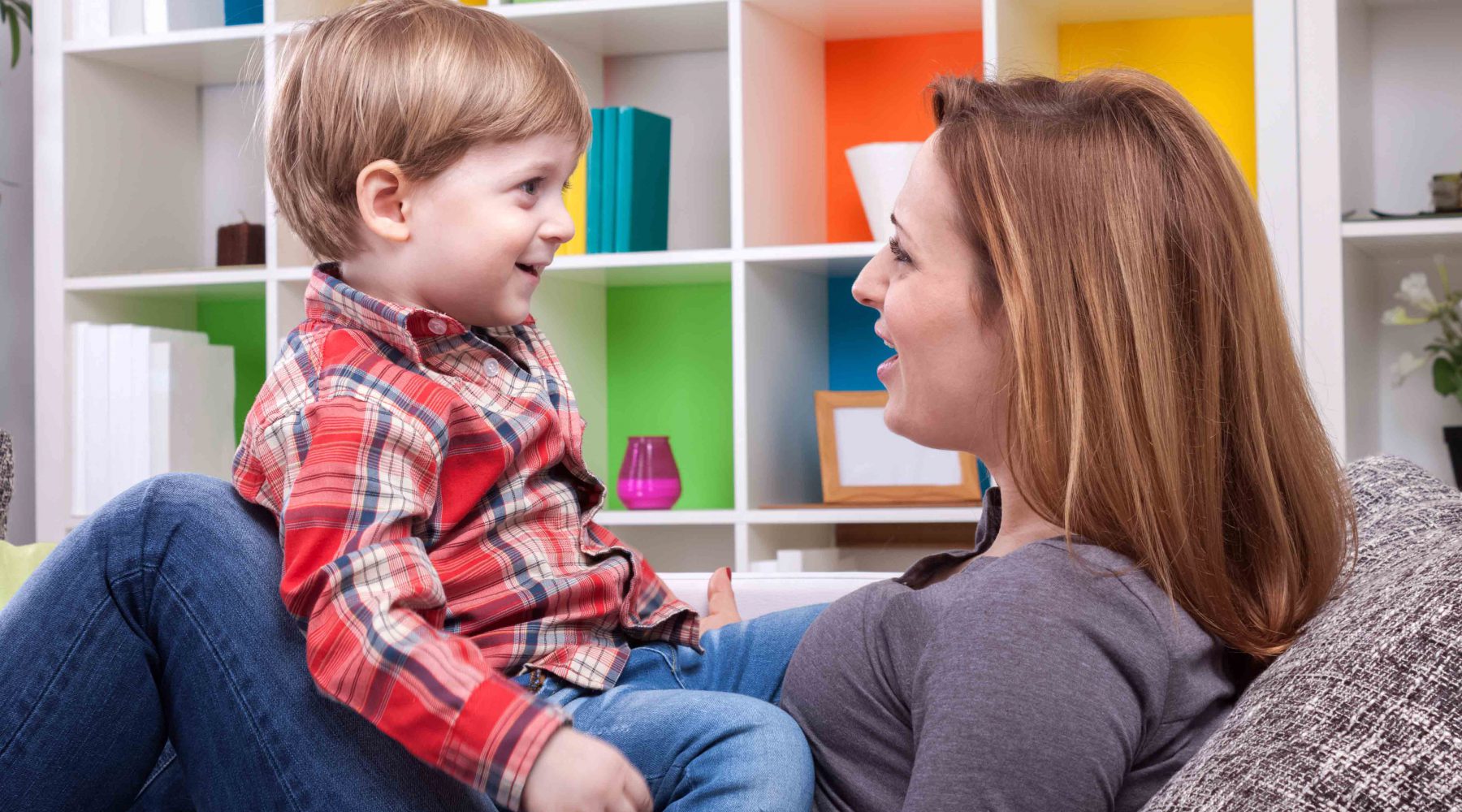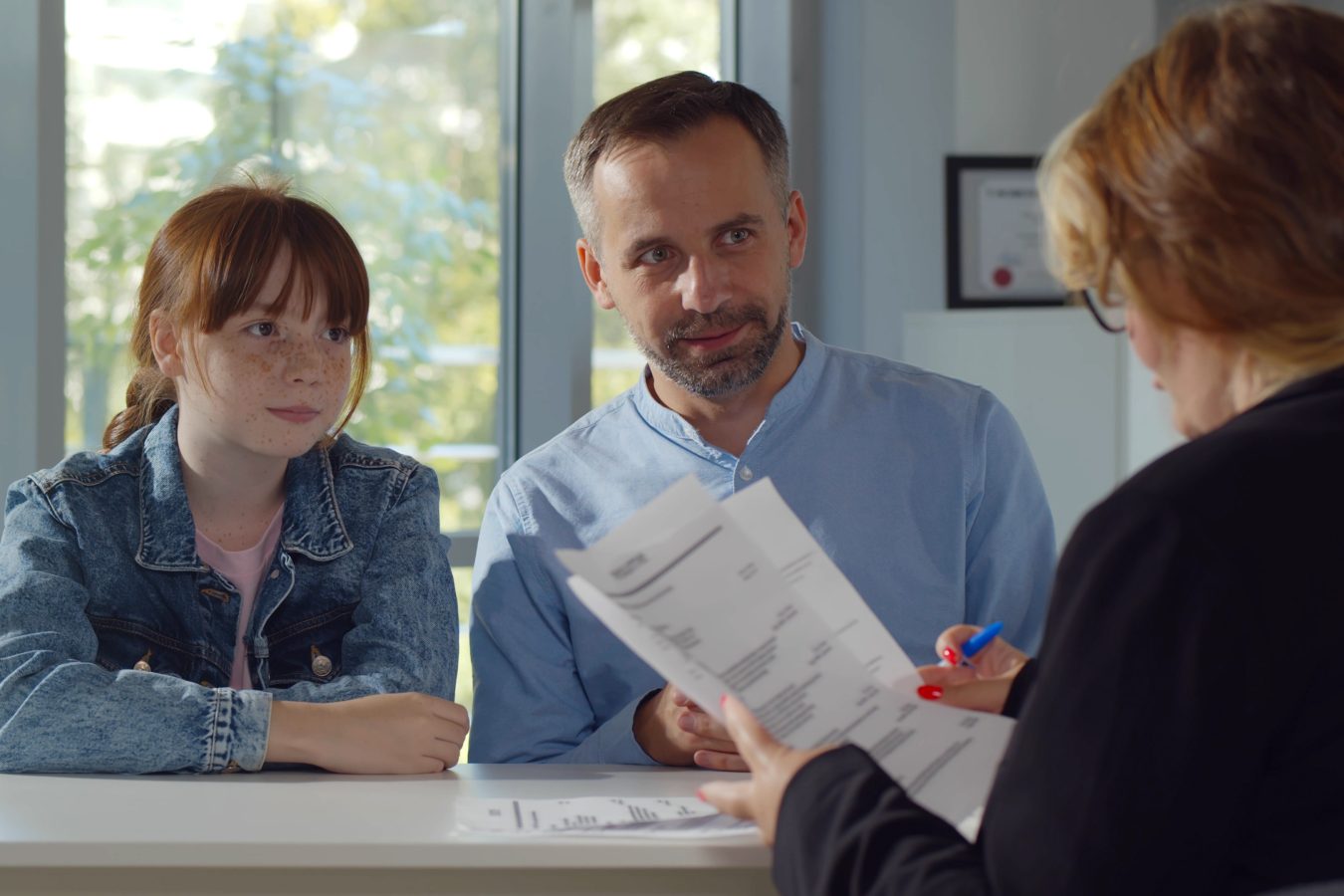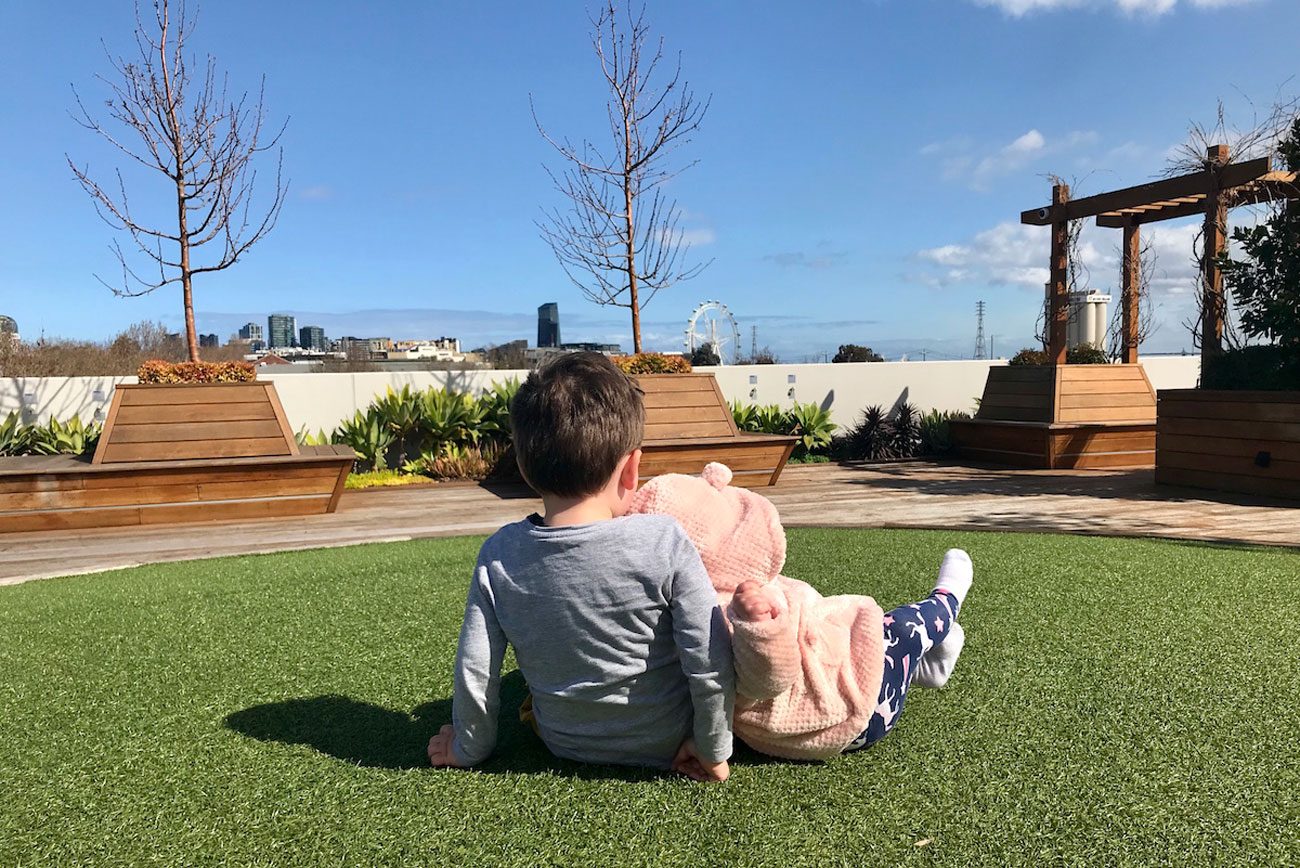
The language environment of a young child can have a profound impact on development, writes Diane Bourke.
Around 10 years ago, Dana Suskind, a paediatric neurosurgeon and cochlear implant specialist at the University of Chicago, began noticing enormous differences among infants born deaf and then fitted with cochlear devices that allowed them to hear.
Despite a shared starting point, they achieved different levels of success in connecting sounds with words and concepts, and learning to speak. She found that for some children the struggle was still hard, years after the implantation whilst to others success came readily. This puzzled her.
She began studying the effect of language on the developing infant brain and found huge quantitative and qualitative differences in the language environment of lower income and higher income infants, including a gap of 30 million words spoken over the first three years. Variations, of course, occur across both groups.
In her book, 30 Million Words, released 18 months ago, Suskind talks about the heart and lungs being fully developed when babies are born, but the brain is completely dependent on what it encounters as it develops, and especially in the first three years. Language input, parent talk and interaction are key catalysts for creating neural connections in children’s brains
For Suskind, the research was galvanising and she founded the 30 Million Words Initiative in 2009, which now has a great online presence. Her simple three T’s of communication: tune in, talk more and take turns can be quickly and easily understood and adopted.
At birth, a baby’s brain contains 100 billion neurons, roughly as many nerve cells as there are stars in the Milky Way, and almost all the neurons the brain will ever have. Connections between these form at an exponentially rising rate in the first years of life and it is the pattern of these connections that determines how well the brain works and what it learns.
By the time a child is three there will be about 1000 trillion connections in his/her brain, and that child’s experiences will continuously determine which connections are strengthened and which are pruned.
As with Suskind’s findings, research suggests that a dispiriting number of children don’t get the kind of brain fuelling communication that can shape the trajectory of their lives. This disparity occurs well before a child is three, even at the tender age of 18 months, and probably the differentiation commences at birth. The problem seems to be cumulative; by the time the children are two there can be a six month disparity in the language processing skills and vocabulary between the two groups.
You can also subscribe to The Parents’ Website and get regular updates straight to your inbox.
More Than Just Baby Talk
Professor Erika Hoff, a developmental psychologist at Florida Atlantic University, advises parents not to restrict their conversations to simplistic baby talk. Rich and complex language, with adjectives and subordinate clauses, helps children to learn the complex structure of language. Children cannot learn what they don’t hear. This is supported by literacy expert Meredith Rowe from Harvard Graduate School of Education who states ‘it’s not so much the quantity of words but the quality of talk that matters most to a child’s development’.
A new study published in the journal Infancy gets even more specific, finding that verbally engaging with babies, listening to their gurgles and coos and then responding conversation-style may speed up their language development more than simply talking at them or around them.
It is also clear from research that words spoken directly to a child rather than those simply heard in the home, are what builds vocabulary. According to Dr Anne Fernald from Stanford University, ‘plonking children in front of the television does not have the same effect. Neither does sitting at the feet of academic parents while the grown-ups converse about Plato’.
Parents are encouraged to view this information as a form of motivation and empowerment and certainly not as a form of guilt. Furthermore, rather than feeling stressed out about talking all the time or meeting a set number of words per day, there is good news. According to Rowe, parents can focus instead on finding time for even a brief, high quality, daily loving interaction.
All young people deserve the ability to reach their potential. While long-established thought has us believe this begins when a child starts preschool or school, science tells us something quite different. The more we recognise how critical it is to nourish a young child’s brain starting at birth, the better off our world will be.
Like this post? Please share using the buttons located on this page.
sign up for our newsletterAbout the author
Diane Bourke is a Project Manager for Independent Schools Victoria. She leads professional learning initiatives focused on building critical thinking skills, integrating brain-based findings into classroom activities, and incorporating the Reggio Emilia approach into early years education. She was Head of Junior School, Campbell House, at The Geelong College for 16 years, and most recently, Head of Junior School, Morris Hall, Melbourne Girls Grammar for 15 years.


